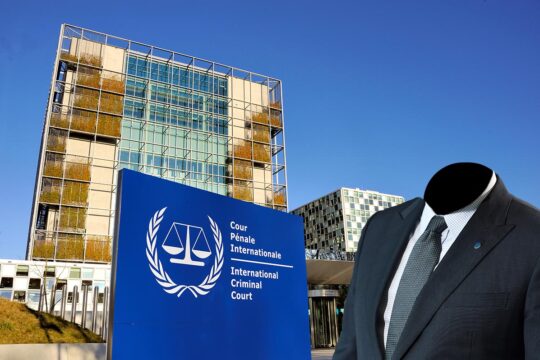A top Bangladesh politician facing execution for war crimes made a last-ditch plea for freedom Monday, filing a petition for deposition from several high-profile witnesses including a former Pakistani premier.
Salauddin Quader Chowdhury, a leading figure in the main opposition Bangladesh Nationalist Party (BNP), was sentenced to death in 2013 for crimes committed during Bangladesh's 1971 war of independence.
The BNP claims the former lawmaker's original conviction was influenced by the government and was politically motivated.
Lawyers for Chowdhury said Monday they had asked the Supreme Court to allow the written testimony from eight witnesses who claim he was living in Pakistan when the alleged crimes occurred.
"We've submitted an application to the Supreme Court today so that these eight people are called as witnesses or it allows their affidavits," defence lawyer Mahbub Hossain told AFP.
"They have said Chowdhury was in Pakistan studying with them in Punjab University or spending time in Karachi when those crimes took place," he said.
The witnesses sought include Mohammed Mian Soomro, who served as Pakistan's prime minister from 2007 to 2008.
However, Attorney General Mahbubey Alam said he saw little scope for the affidavits to be considered at such a late stage.
"There is no such instance (in the Supreme Court)," he told AFP.
Chowdhury was found guilty of genocide, torture and rape by the International Crimes Tribunal, a controversial domestic war crimes court, and in July the Supreme Court upheld his death sentence.
The BNP and its Islamist allies have described the war crimes tribunal as a tool for Prime Minister Sheikh Hasina to silence her opponents.
Prosecutors had described Chowdhury as a merciless killer who murdered more than 200 Hindus and called 41 witnesses during the trial, while the defence team were permitted only four witnesses.
Chowdhury is entitled to a final review of the Supreme Court's decision, but lawyers say his prospects for avoiding execution are bleak.


